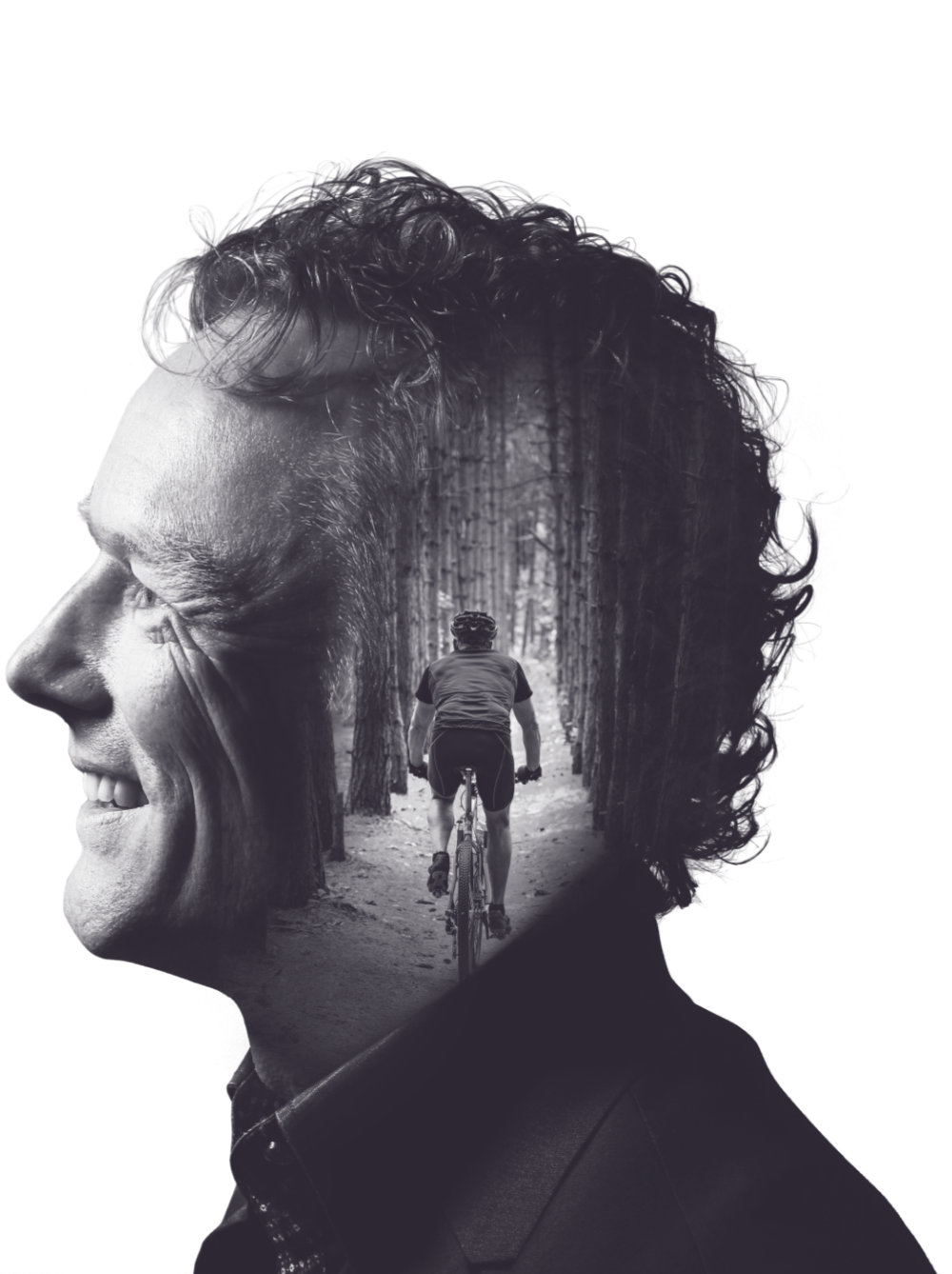I set out with the vision of using this space to post regularly, which started off well, however, I have certainly failed at this in recent times – it’s ironic that I wrote a post on “Why do we fail to reach our long-term goals”. Well, I am over a year into the PhD now and it seems an appropriate time to provide an update regarding what I’ve learnt, ongoing studies and future directions of the PhD.

To recap, the research aims to explore the impact engaging in physically and mentally challenging activities can have on important psycho-social outcomes, workplace performance and, more broadly, people’s lives. This research appears to come at an increasingly relevant and important time. It is evident organisations (well, a vast majority) are investing more and more into human resources and taking a greater interest in promoting employee health and wellbeing. Employees who are happy, self-confident, intrinsically motivated and able to cope with the high demands of the workplace are one of the greatest competitive advantages in the modern era. Subsequently, the demand for occupational initiatives designed to promote the wellbeing and skills of a workforce is a substantially growing market.

Amongst the most promising initiatives, are those embedded within the philosophy of experiential learning, achieving personal development through a blend of educational and physically demanding activities. Anecdotal and scientific evidence support the notion that confronting and overcoming novel challenges, that take you outside of your comfort zone, can lead to the development of new coping strategies, healthier and more robust self-perceptions and the acquisition of new skills. Our research intends to further explore this hypothesis and rigorously assess the efficacy of these experiences for enhancing workplace performance and wellbeing.
Systematic review
Having briefly covered the importance of the research, let’s get into what we have been doing so far in the PhD. Firstly, we wanted to get a better understanding of the research field, what has been done so far, what are the benefits, who may benefit, and why are these experiences effective. Therefore, we started with a comprehensive, systematic review of the literature. A systematic review is a very rigorous methodology that aims to identify, select and synthesise all the research on a particular topic or question. To get to the crux of it, we reviewed over 3000 papers that directly assessed the effectiveness of training programs (that incorporate physically challenging activities, such as mountain biking, skiing, hiking/running, water-based activities) for individuals aged 18 and over (to reflect the typical working age). We specifically focused on skills and personal qualities that are transferable to the workplace. We eventually narrowed down the review to 40 papers, with the potential to still increase until publication.
Here are our key takeaways…
- Engaging in physically challenging activities has a very positive, short-term impact on a variety of transferable workplace skills and positive psychological outcomes.
- Most cited outcomes were improvements to group cohesion, teamwork skills, self-confidence, and resilience.
- There is very favourable evidence to suggest these experiences positively affect participant’s well-being and health, such as stress reactivity and anxiety.
- Several studies reported long-term maintenance of up to two months in outcomes such as, teamwork skills, self-confidence and wellbeing.

Overall, our review presents encouraging findings which support the efficacy of using physically challenging activities as a catalyst for personal growth. We rigorously demonstrated that these experiences can positively affect a person’s sense of self, the acquisition of new skills and competencies, stronger group affiliation and connections, and changes in personal attitudes and perspectives. These findings clearly demonstrate the developmental potential of physically challenging experiences to stimulate personal growth. It is now our mission to assess their associated impact on the workplace.
The CHALLENGE Study
Our first study aims to answer some of the unresolved questions which were highlighted during the review. Primarily, do these documented positive changes transfer to the workplace and what are the longer-term implications. We, therefore, designed a comprehensive study to assess the short and long-term effects of participation and also capture transference to the workplace. Given the key component to these experiences is challenging oneself, we came up with the creative name, The CHALLENGE Study. As seen from the image below, we take measurements at various time points and also use a mixture of quantitative and qualitative measures to build a diverse picture of personal and professional growth. Workplace outcomes we are focusing on are workplace confidence, motivation, engagement and performance.

The TLH Activations are delivered by our partners of the PhD, The Leadership High (TLH). TLH work with leaders and teams in their pursuit of better by making confidence a habit. These TLH Activations offer a blend of educational and physically challenging activities (e.g., mountain biking, hiking, skiing) encouraging participants to access and build trust in themselves and others by overcoming novel challenges and focus on their physical and psychological strengths, developing a more positive and ‘in pursuit of better’ mindset. The study we have designed aims to collect data from organisations who participate in these experiences.

It would be difficult and relatively uninformative to report the survey findings from the organisations that have taken part in the study so far, given that it is a relatively small sample size in comparison to our end goal. I can, however, report on the qualitative findings we have collected so far through in-depth interviews with the participants. These interviews were carried out 2-months after the experience and designed to explore the impact on the participants activation day.

One of the key themes related to the unique social aspect of the experience. participants felt closer to one another and more united as a team when they returned to the workplace…
“We became more social. We knew each other more and had some really nice stories that we could continue to share with one another”
“It gives you the opportunity to meet your colleagues away from the office and that gives a completely different dimension to the conversation that you would have with them and I think that was the biggest takeaway”
“The day provided a springboard for us to connect with one another”
“It feels like you haven’t left anybody behind, it makes you feel united and that you belong to the team”
Participants also felt more energised on return to the workplace and themes relating to resilience and self-confidence were highlighted throughout our conversations.
“I think the team noticed that we were more energised in the office, like ready to cope… I don’t know how to express it, but you can feel it, the way that people were expressing it”
“You can really feel the energy in the room, there’s nothing tangible, but the energy in the room was like a relief of pressure”
“You don’t find people born with confidence, but it is something you can learn and develop through these experiences”
These preliminary qualitative findings, not only emphasise some of the key outcomes found in the review, but also support our hypothesis that these experiences can positively impact the workplace. We are continuing to collect data and build on these findings throughout 2022… more to follow.
The ALTITUDE Study
Our second empirical study (commencing the week of writing) continues to build on the previous studies. The ALTITUDE Study (another creative name given that the study is collecting data in the mountains) aims to investigate a small group of participants engaging in a 5-day intensive experience in the Pyrenees, hosted by TLH. Similarly to the previously outlined physical activation days, this experience blends educational activities with skiing to create a powerful, holistic learning experience where participants are encouraged to look beyond their peak.

To avoid answering the same research questions, The ALTITUDE Study will assess individual psychological growth, as opposed to collective, and examine the unique mechanisms which may stimulate this. We are particularly interested in the development of four psychological resources, self-confidence, resilience, hope, and optimism. Together, these constructs reflect an individual’s psychological capital which people can harness to improve their workplace engagement, performance, and wellbeing.

The study will use primarily qualitative measures, including interviews, observations, daily diaries, and questionnaires. The most unique aspect to the design of this study is, rather than purely being on the sidelines as a ‘researcher’, I will be immersing myself within the group environment and joining in their activities. Not only will this generate data from the participant’s perspective, which is often the case, but this will also allow me to offer my own perspectives through engaging in the activities myself and experiencing the team environment on a daily basis. This is a really exciting piece of research (not only for the fact that I am going skiing) that should add substantial data to the PhD and inform any future studies.
That concludes a brief overview of my PhD journey so far. With data collection in full swing, I hope to have more complete findings and conclusions to share soon! Please keep an eye out.

